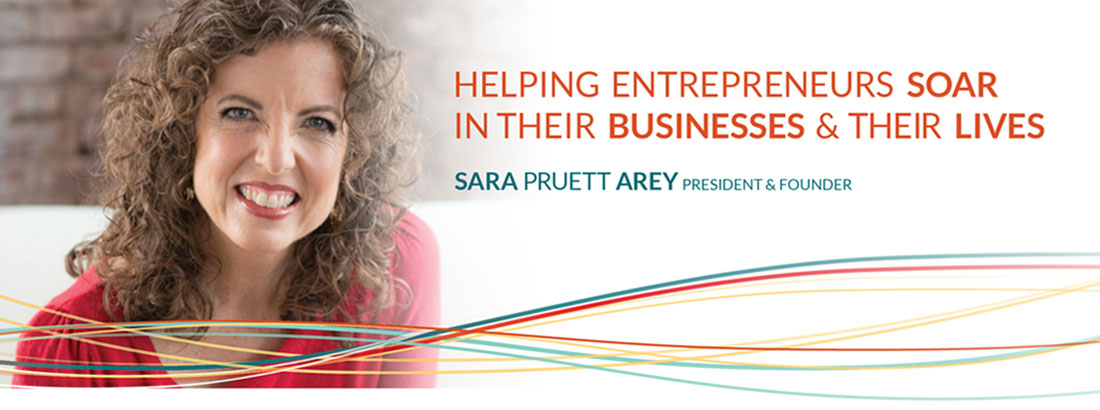A few years ago I read a story about a fifteen-year-old who had developed a test for pancreatic cancer.
This teenage scientist wrote to 200 professors asking for laboratory time so he could develop his idea. 199 of those professors either outright rejected him or ignored his request. For one professor, though, this project was the right fit.
Rejection is Part of The Deal
 As I mentioned in my last post, It’s Not About You, It’s About Fit, we all have the natural inclination to take rejection very personally.
As I mentioned in my last post, It’s Not About You, It’s About Fit, we all have the natural inclination to take rejection very personally.
Jack Canfield was turned down 140 times before someone decided to take a chance on Chicken Soup for the Soul. JK Rowling got twelve rejection letters for the first Harry Potter book. Agatha Christie suffered through five years of continual rejection before publishing her first novel.
If you’ve been dealing with a lot of rejection lately, know that you’re in very good company!
How To Keep Moving Forward in the Face of Rejection
Continuing to push forward in the face of rejection takes a tremendous amount of commitment. It also demands that you be compassionate with yourself.
Nobody likes getting a rejection. It hurts. Give yourself the time and space to be disappointed. Allow yourself to experience that feeling. It’s when we try not to feel something that we run into the most trouble.
It also helps to reconnect with why you first started to pursue your specific goal. Are you doing this work to help people? To make people laugh? Are you expressing artistic ability and vision? Are you trying to help people heal? Let that original inspiration fill you with energy.
Rejection Doesn’t Have to Be A Bad Thing
When we label rejection as bad, we get stuck in it. It’s like an energetic sand trap. But you have the choice to look at each rejection as an opportunity for growth.
Go back to the question of fit and ask yourself, “Do I need to try a different publisher or genre? Does the introductory letter not convey what’s really in the article? Is there something I need to refine about the work? Does it need editing?”
Answering these questions won’t change your underlying drive or ambition. But it will help you get a clearer idea as to why the rejections keep coming.
When You Understand, They Understand
Really, this is all about marketing. Each rejection provides you with an opportunity to get clearer on how you can present what you have to offer in a way that makes people understand why it’s a good fit for them.
When the fit is right, you get to do the thing you’ve always dreamed of and that you’re here to do, just like our fifteen-year-old cancer researcher. Imagine what would have happened if he’d given up after that 199th rejection.
How do you push through the rejection and keep moving forward? Leave a comment below.
